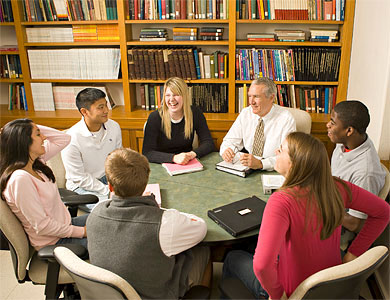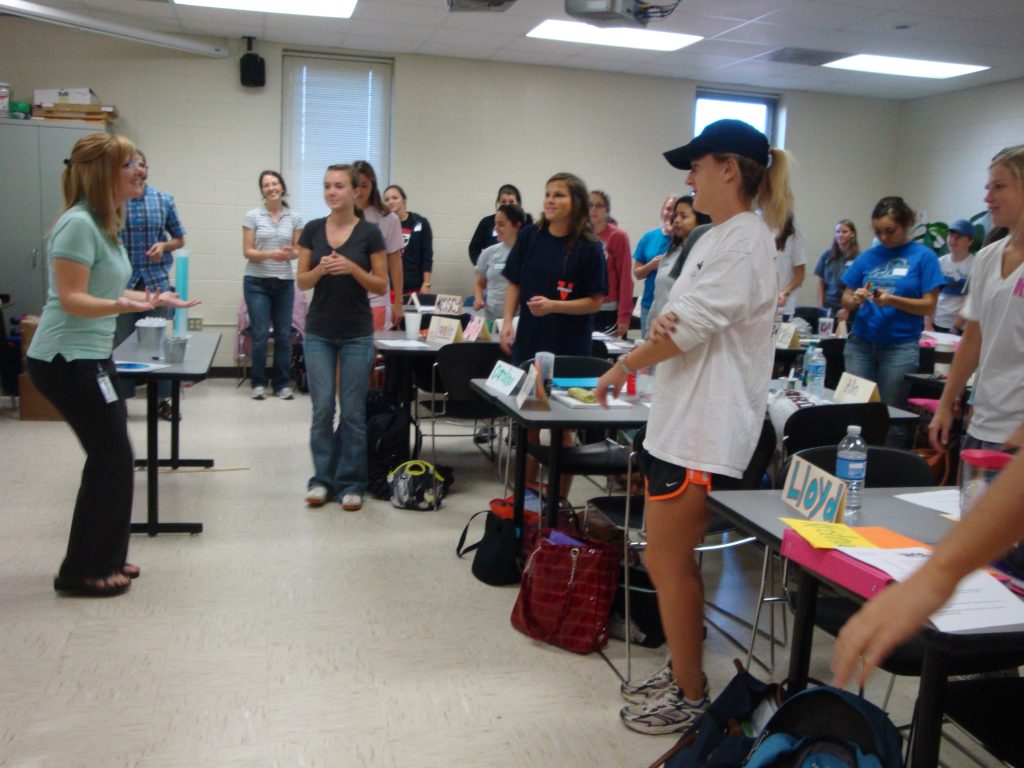Teaching Research
Teaching is an art, but it is also a science. The best teachers rely on evidence-based strategies that improve student learning. To ensure that our teaching reflects best practices in the field, we regularly review the latest developments in the scholarship of teaching and learning. When possible, we engage in teaching-related research to inform our own pedagogical practices. This section highlights some of our past efforts to design, implement, and evaluate instructional approaches that improve the way we teach university students about natural resource conservation and recreation issues. See the “Other Research” sections of the publications and presentations pages for more details about each study.
We are always eager to adapt and try new things, so if you have an innovative idea for improving instruction and want to test its efficacy, please let us know!
Teaching Research Projects
 Navigating Academic Life
Navigating Academic Life
Life on the tenure track is full of opportunities and challenges. For aspiring professors at any level, navigating these challenges can be a difficult and often overwhelming task. In this project, we gathered and synthesized input from parks and recreation colleagues around the country (members of The Academy of Leisure Sciences listserv and attendees at the 2016 TALS Conference) to develop a list of tips and recommendations for navigating the challenges posed at different stages of academic life. We also solicited additional input about contemporary life in academia from colleagues around the country. These efforts culminated in a co-edited, two-part special issue of the journal Schole explicitly focused on “navigating academic life,” from graduate school to tenure and beyond. It also included a synthesis of strategies for addressing social justice and equity in teaching (2015-2019)
 Social Networking in the Classroom
Social Networking in the Classroom
While attending graduate school, Dr. Larson was inspired by his participation in the University of Georgia’s Teaching Certificate and Future Faculty programs. Of particular interest was their emphasis on teaching with technology. He and fellow graduate students from departments across the campus therefore became interested in developing and evaluating new ways to promote engaging, active forms of learning in their own courses. Working as an interdisciplinary team, they created a study to assess the value of Facebook as an online discussion forum in college courses. Results of the study provided important insights into the function and structure of online discussion, including its value (and limitations) a teaching and learning tool. See the publications and presentations pages for more details about the findings. (2010-2014)
 Asking Questions to Engage Students in Large Lectures
Asking Questions to Engage Students in Large Lectures
After being consistently bothered by the inevitable silence that seems to follow many questions asked by instructors in college classrooms, Dr. Larson decided investigate. He recorded instructor questions and student responses in several classes to explore the pedagogical value of different types of questioning strategies in large science courses. Results revealed strategies (e.g., fewer yes/no questions, more higher-order questions, longer wait times) that may assist instructors hoping to engage students’ critical thinking skills and enhance learning in lecture-based classroom environments. See the publications and presentations pages for more details about the findings. (2009-2011)